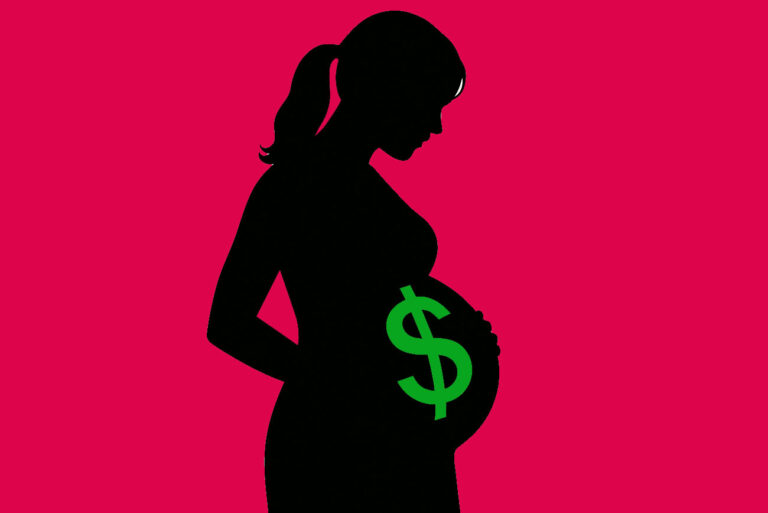What began as a compassionate arrangement has turned into a legally murky marketplace, where women rent their wombs, babies arrive dangerously early, and “not your baby” becomes a coping mantra.
The real cost of commercial surrogacy isn’t always in dollars—though sometimes, it’s that too.
It starts the way so many American horror stories do: with a handshake, a contract, and a check. Surrogacy, once framed as a benevolent arrangement between desperate would-be parents and altruistic women, has metastasized into something far more unsettling—a largely unregulated marketplace where human life is the ultimate commodity.
Jennifer Lahl, a former pediatric nurse and now president of the Center for Bioethics and Culture, has spent years sounding the alarm. After witnessing an unusual flood of surrogate babies in neonatal ICUs—many born dangerously premature—she began connecting the dots. Studies confirm what experience already suggested: surrogate pregnancies are statistically more likely to end in high-risk deliveries, with long NICU stays for the babies and higher rates of postpartum depression for the mothers. Yet the industry’s marketing arm would have you believe otherwise, peddling an Instagram-worthy fantasy of “journeys” and “miracles,” carefully avoiding the messy reality of blood, risk, and grief.
Take Samantha Mathews, a professional surrogate and YouTuber who, after delivering a baby she’d carried for strangers, immediately packed her family into an RV for a six-month cross-country road trip. Distraction, she says, was key. “Your body doesn’t know the baby wasn’t yours,” she admits, describing the hormonal havoc. The solution, increasingly, is mental gymnastics: teach your mind—and your children—that you’re not really pregnant. You’re just… hosting.
But this psychic disassociation doesn’t shield women from the brutal realities when things go wrong. Melissa Cook learned this the hard way. Lured by a $33,000 surrogacy contract, she found herself carrying triplets for a middle-aged man named “C.M.,” living in his parents’ basement in Georgia. Midway through her pregnancy, he texted her a request to abort one of the fetuses—too expensive, he said. When she refused, the court system, with all the compassion of a DMV clerk, informed her that she had no rights. Contract signed. Case closed.
Or consider Carrie Mathews, who almost died delivering twins for an Austrian couple who then skipped town with the babies—and left her holding a $217,000 hospital bill. Her surrogacy agency? Run by a woman later convicted in a multi-national baby-selling ring. You can’t make this stuff up.
In adoption, strict regulations ensure no one profits from the transfer of a child. In surrogacy, the loophole is laughably thin: women are paid for their “services,” not for the child itself. Heritage Foundation researcher Emma Waters notes that surrogacy’s defenders even echo 19th-century slave-trade language: they’re not buying people, they insist, just renting their labor.
Meanwhile, Maud de Boer-Buquicchio, the UN’s former special rapporteur on the sale of children, warns that commercial surrogacy and baby selling are kissing cousins. The distinction is largely semantic—and almost entirely useless once the money changes hands and the plane tickets are booked.
In America, the smiling brochures promise hope. The contracts, however, often guarantee heartbreak. And in the fine print, one truth becomes painfully clear: when life is for sale, someone always gets left holding the bill.




